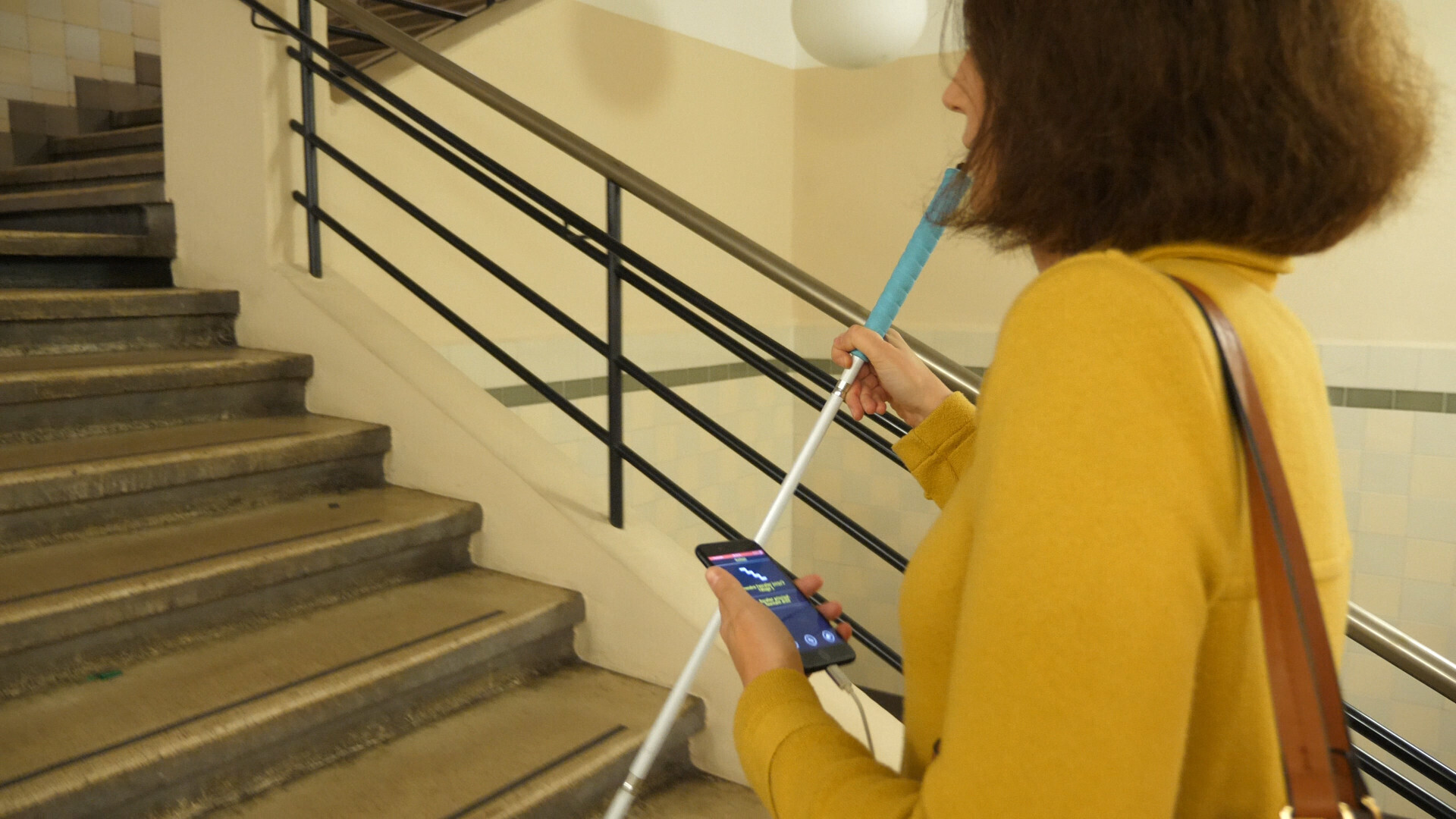
Wayfinding Technology Solutions for People with Disabilities
In today’s technologically advanced world, there’s a growing recognition of the need to make public spaces more accessible for everyone, including people with disabilities. Airports, museums, and governmental administrations are among the public facilities at the forefront of adopting innovative Wayfinding technology solutions. These solutions are transforming the visitor experience, making it more inclusive, efficient, and enjoyable for all.
Wayfinding Technology in Airports
A Smooth Journey Through the Skies
Airports can be massive, bustling hubs of activity. For people with disabilities, navigating these environments can be a daunting task. This is where Wayfinding technology steps in to make the journey through the airport a smoother, more accessible experience.
Accessible Navigation Apps
Various airports have embraced navigation apps that guide travelers from the moment they enter the airport. These apps offer step-by-step instructions on how to reach check-in counters, security checkpoints, boarding gates, and amenities such as restrooms and restaurants. For people with disabilities, these apps can be customized to meet their specific needs, providing audio guidance and simplified visual cues.
Indoor Navigation and Beacon Technology
Incorporating beacons throughout the airport can provide real-time location data to passengers via their smartphones. For example, travelers with visual impairments can receive audio cues that help them navigate through the terminal with precision. Beacon technology can also provide information about current security wait times, gate changes, and the closest accessible restroom.
Empowering Visits to Museums
Art, Culture, and Accessibility
Museums are guardians of culture and history, and they should be accessible to everyone. Wayfinding technology is playing a significant role in opening the doors of museums to individuals with disabilities.
Interactive Maps for Museums
Digital Wayfinding solutions can provide interactive maps for museums. Visitors, including those with mobility challenges, can use these maps to plan their routes, learn about exhibits, and even access multimedia content related to the artwork. The maps can also include detailed accessibility information, such as the location of ramps and elevators.
Audio Guides and Augmented Reality
For people with visual impairments, many museums now offer audio guides and augmented reality experiences. These tools provide rich descriptions of artwork and historical artifacts, allowing all visitors to engage more deeply with the exhibits.
Governmental Administration and Public Services
Efficiency and Inclusivity
Governmental administrations are increasingly embracing Wayfinding technology to make public services more efficient and inclusive.
Accessible Government Buildings
Government offices are often housed in large, complex buildings. Wayfinding technology can assist people with disabilities in locating government service centers and navigating within these facilities. Whether it’s finding the right office to renew a driver’s license or accessing public health services, these solutions are a game-changer.
Inclusive Digital Services
Governmental websites and mobile apps are being designed with accessibility in mind. This means that people with disabilities can access important information, complete forms, and schedule appointments with ease.
The Future of Inclusive Wayfinding Technology
As Wayfinding technology continues to evolve, we can anticipate even more significant improvements in accessibility. Innovations such as voice-activated navigation, wearable technology, and improved integration with smart city initiatives promise to make public spaces more inclusive than ever.
The adoption of Wayfinding technology solutions by airports, museums, and governmental administrations is not just a matter of convenience; it’s a matter of equal access and participation in society. By investing in these technologies, these institutions are contributing to a more inclusive world, where everyone can fully enjoy the services, culture, and history they offer. The journey toward full accessibility is well underway, and Wayfinding technology is helping to pave the way.
Other news
Contact us
We are always open for new projects and ready to collaborate.



